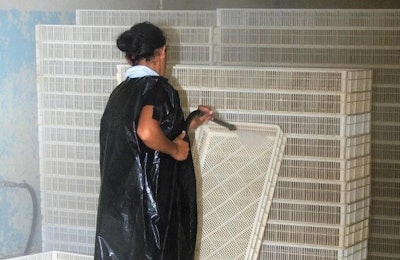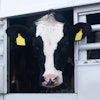
I have not been to Venezuela for many years. I used to go often to visit the large poultry companies: Protinal, La Caridad, Souto, La Guásima, and perhaps others that no longer exist. Time passes by and I keep thinking about Venezuela and I have it in my heart.
A few days ago I received an email from a Venezuelan reader, which besides being informative, I admit was touching. I saw the invincible impetus to continue working in the poultry industry, in his Venezuela and for his Venezuela.
This person, with more than three decades of work as a manager of hatcheries, wondered that if such plants are deeply cleaned, why not doing the same in poultry houses? It was somewhat back to basics.
In the middle of national crisis, with no supplies and "convinced that the methods used were not efficient", six years ago they started a project to improve the methods of washing and disinfecting breeder, broiler and laying hen production houses.
In the absence of equipment, they used what they already had, but they failed: the equipment was not designed for such large spaces. What did they do then? Resize them and custom-build them, which has resulted in a great success.
They have thus demonstrated that "any disease caused by viruses, bacteria and fungi can be eradicated from a farm using the appropriate cleaning and disinfection methods".
Perhaps the poultry industry has not paid enough attention to washing – the essence of biosecurity – and has overused disinfectants, incorrectly and indiscriminately to solve health problems. The efficiency of the cleaning and disinfection programs, he says, are more related to the method than to the products used.
But the shocking part is when he mentions that they work in a country, "where there is nothing left, where nobody says anything and there is no work left." There are neither disinfectants nor vaccines "there are only those who want to stay in the industry, because we have lived in it for a lifetime and we find that health is the solution." Impressive and astonishing. What do you think?


















